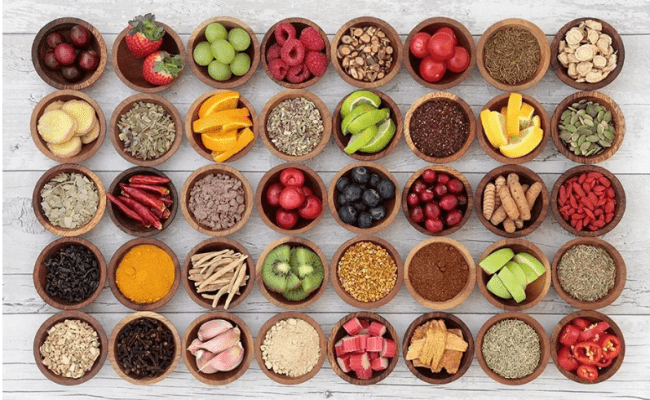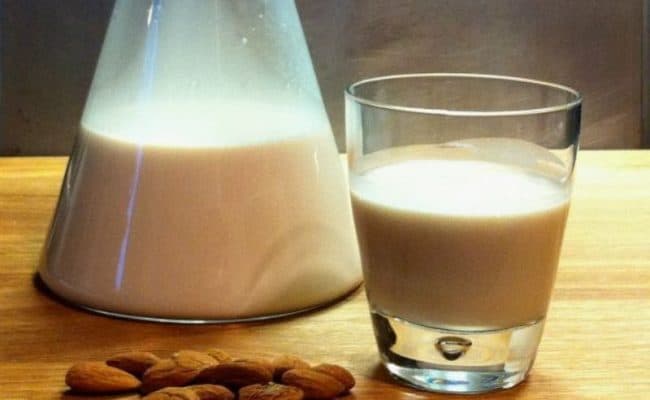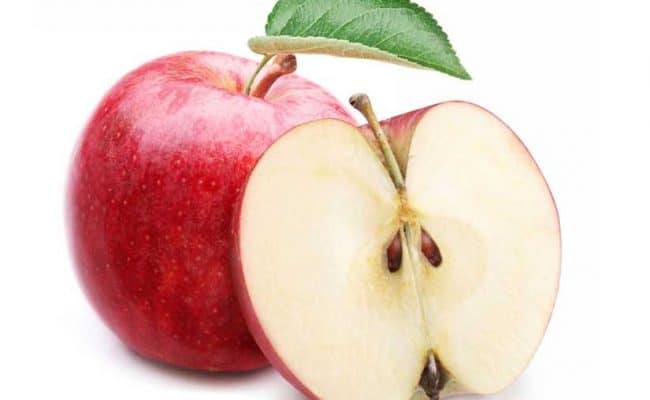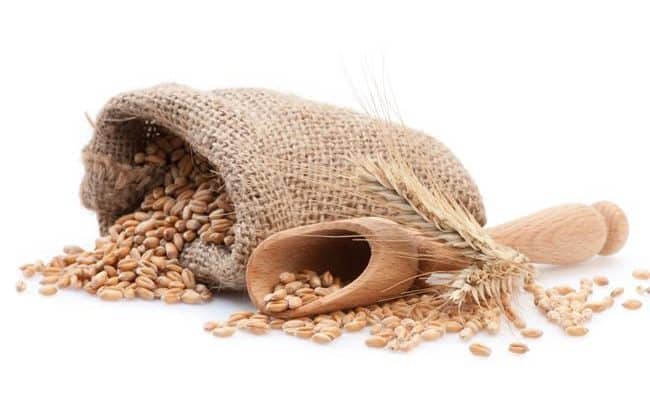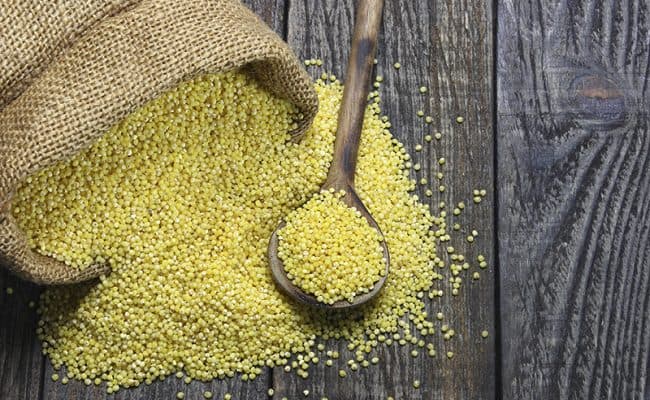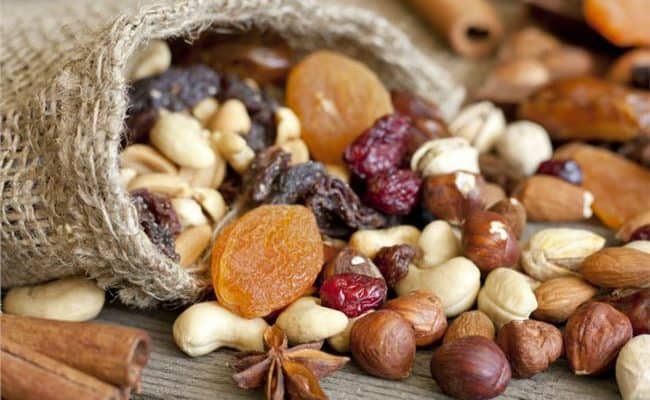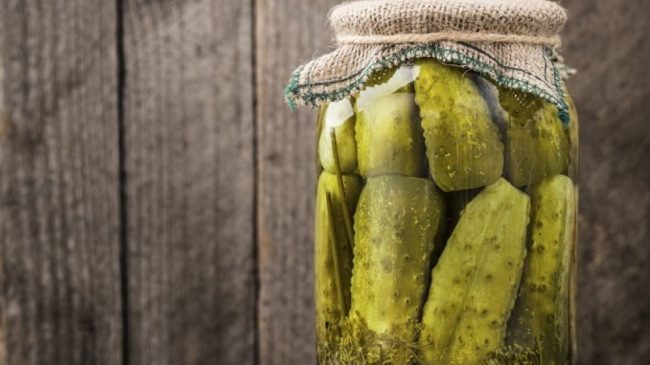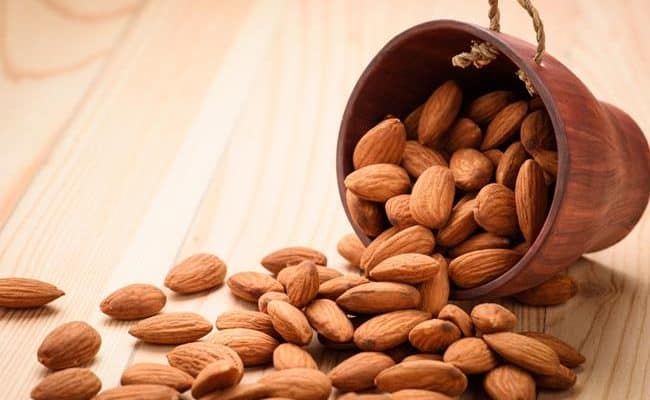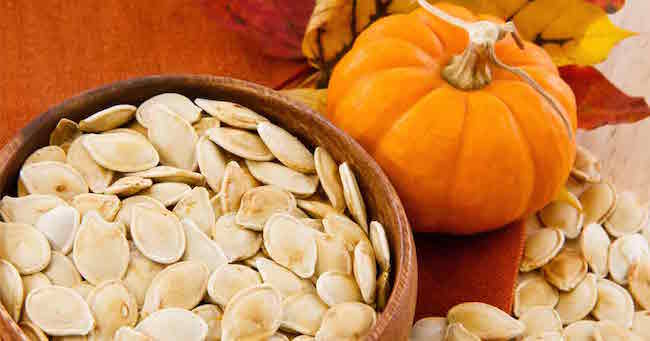
Pumpkin seeds have many nutritional benefits, and there are many reasons to add them to your diet. Pumpkin seeds have been used for thousands of years from Native Americans, ancient Greece and in Mexican culture (called pepitas).
Pumpkin seeds can be enjoyed on their own as a snack, as a part of trail mix, topping for salads or adding a crunch to yogurt or oatmeal.
Pumpkin seeds Nutritional Value
A small handful of nuts, an ounce, contains around 126 calories, 6 gm of fat, 5gm of fiber, 5 gm of protein and about 260 mg of potassium.
Pumpkin seeds are high in Minerals
Nuts are naturally high in minerals, and pumpkin seeds are no exception. Pumpkin seeds are a source of iron, magnesium, zinc, copper, potassium, phosphorus and manganese.
An ounce of pumpkin seeds provide about 0.9mg of iron (5% Daily Value), 0.2 mg of copper (10% Daily Value) and 2.9 mg of zinc (19% Daily Value). Iron, copper and zinc are important for blood health, and zinc is also important for immune function.
Potassium can help lower blood pressure and is needed for muscle contraction and sending nerve signals. Magnesium has many functions in the body; it is used in over 300 chemical reactions.
Most Americans generally don’t get enough potassium or magnesium, so adding pumpkin seeds to your diet can help you get these 2 nutrients. An ounce of nuts provides about 73mg of magnesium (18% of the Daily Value).
Healthy fats and heart health
Most of the fats in pumpkin seeds are from polyunsaturated (PUFA) and monounsaturated (MUFA) fats. According to Harvard School of Public Health, some research indicates that people who regularly eat nuts are less likely to die of a heart attack compared to people who don’t eat nuts.
The Food and Drug Administration (FDA) also recognizes the heart benefits of nuts, and some nuts and nut products are allowed to have a disclaimer on the container stating eating an ounce of nuts daily can reduce risk of heart disease. See also: Best healthy nuts and seeds
The MUFA and PUFA contents in pumpkin seeds and other nuts/seeds are beneficial for lowering the bad LDL cholesterol and raising the good HDL cholesterol. Pumpkin seeds and other nuts/seeds are high in omega 3’s, which can help decrease excess blood clotting and lower inflammation.
The fiber in pumpkin seeds can also be beneficial for heart health and digestive health.
Protein
Nuts can be a quick, easy source of protein for anyone but especially for vegans who eat no animal proteins (See also: How to eat more protein without meat). Pumpkin seeds provide 5 gm of protein a serving which is a good starting point for a snack.
Pumpkin seeds and other nuts/seeds are rich in the amino acid arginine, which is needed to make a compound called nitric oxide. Nitric oxide can help relax muscles around blood vessels, and may be another way nuts and seeds contribute to heart health.
Pumpkin seeds also contain the amino acid tryptophan, which is a building block for the neurotransmitter serotonin. Serotonin can help make you sleepy, so pumpkin seeds may be beneficial for helping someone fall asleep.
Vitamins
Pumpkin seeds provide a small source of B vitamins and also vitamin K. B vitamins are needed for making new cells in the body and used in energy metabolism pathways. Vitamin K is important for bone health and blood clotting.
Lower inflammation and source of antioxidants
Nuts and seeds provide other phytochemicals which can have many health benefits. Phytochemicals may help lower inflammation and protect body cells from damage caused by free radicals.
A 2011 study from Journal of Diabetes and its Complications studied the effects of flax and pumpkin seed mixture with diabetic rats. Researchers found in the diabetic rats who were given the flax and pumpkin seed had significantly lower levels of inflammation compared to diabetic rats not given the flax and pumpkin seed mixture.
Although this study was in rats, the same result may be true in humans. More research needs to be done with diabetes in humans and pumpkin seeds. However, the combination of phytochemicals, heart healthy fats, protein, minerals and vitamins in pumpkin seeds could be beneficial for a number of health conditions.
See also: 5 Flaxseed health benefits
Pumpkin seeds are perfect for Balanced diet
Pumpkin seeds have many valuable nutrition qualities. It is a source of protein, fiber and heart healthy fats. It has minerals and vitamins, including potassium, iron and magnesium which some Americans don’t get enough of.
There are many ways to enjoy pumpkin seeds, but keep in mind most research indicates around an ounce per day of nuts can have positive benefits.
Nuts and seeds are fairly high in calories, but they should not be shied away from during weight loss.
Some research suggests consuming nuts and seeds may be beneficial for weight regulation. Nuts and seeds should be enjoyed in moderation, and a balance of all the food groups is important to keep in mind for a healthy diet.
References used in this article

